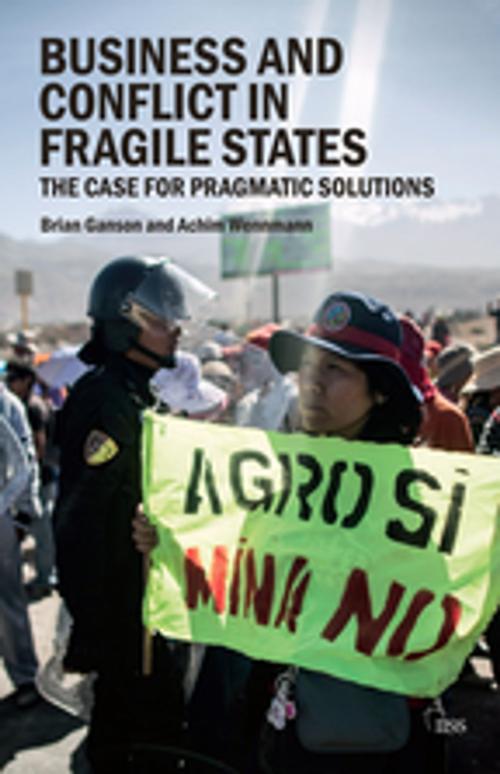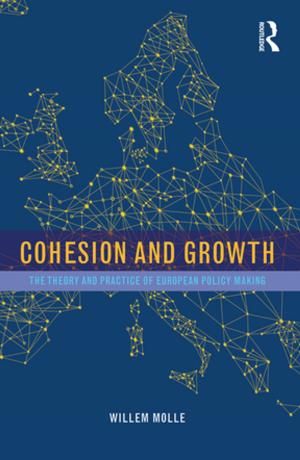Business and Conflict in Fragile States
The Case for Pragmatic Solutions
Nonfiction, Social & Cultural Studies, Political Science, International, International Relations| Author: | Brian Ganson, Achim Wennmann | ISBN: | 9780429626753 |
| Publisher: | Taylor and Francis | Publication: | October 25, 2018 |
| Imprint: | Routledge | Language: | English |
| Author: | Brian Ganson, Achim Wennmann |
| ISBN: | 9780429626753 |
| Publisher: | Taylor and Francis |
| Publication: | October 25, 2018 |
| Imprint: | Routledge |
| Language: | English |
Large-scale investments in fragile states – in Latin America, Africa, the former Soviet Union and Asia – become magnets for conflict, which undermines business, development and security.
International policy responds with regulation, state-building and institutional reform, with poor and often perverse results. Caught up in old ways of thinking about conflict and fragility, and an age-old fight over whether multinational corporations are good or bad for peaceful development, it leaves business-related conflicts in fragile states to multiply and fester.
Surveying a new strategic landscape of business and conflict, Brian Ganson and Achim Wennmann conclude that neither company shareholders nor advocates for peaceful development need, or should, accept the growing cost of business-related conflict in fragile states. Drawing on decades of experience from mainstream conflict prevention and violence reduction efforts, as well as promising company practice, they show that even acute conflict is manageable when dealt with pragmatically, locally and on its own terms.
The analysis and conclusions of this Adelphi book will interest policymakers, business leaders and community advocates alike – all those hoping to mitigate today’s conflicts while helping to reduce fragility and build a firmer foundation for inclusive development.
Large-scale investments in fragile states – in Latin America, Africa, the former Soviet Union and Asia – become magnets for conflict, which undermines business, development and security.
International policy responds with regulation, state-building and institutional reform, with poor and often perverse results. Caught up in old ways of thinking about conflict and fragility, and an age-old fight over whether multinational corporations are good or bad for peaceful development, it leaves business-related conflicts in fragile states to multiply and fester.
Surveying a new strategic landscape of business and conflict, Brian Ganson and Achim Wennmann conclude that neither company shareholders nor advocates for peaceful development need, or should, accept the growing cost of business-related conflict in fragile states. Drawing on decades of experience from mainstream conflict prevention and violence reduction efforts, as well as promising company practice, they show that even acute conflict is manageable when dealt with pragmatically, locally and on its own terms.
The analysis and conclusions of this Adelphi book will interest policymakers, business leaders and community advocates alike – all those hoping to mitigate today’s conflicts while helping to reduce fragility and build a firmer foundation for inclusive development.















